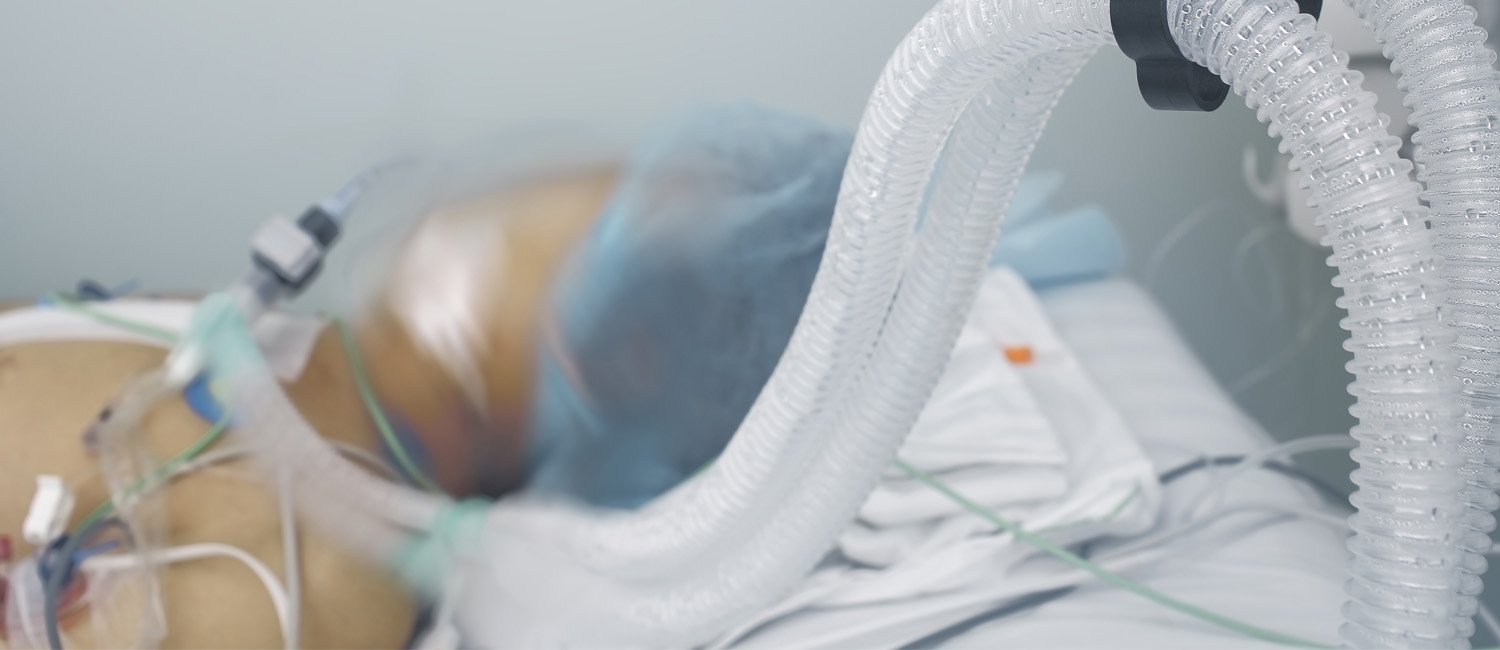A new study shows that critically ill patients are not benefiting from antipsychotic medications that doctors have been using to treat delirium in patients in intensive care units. The evidence suggests doctors may need to re-examine the practice. Regenstrief investigator Babar Khan, M.D., was a co-author on the study.
Each year, more than seven million hospitalized patients in the United States develop delirium. The acute brain failure results in confusion and long-term memory problems.
The large study, MIND-USA (Modifying the INcidence of Delirium), sought to answer whether typical and atypical antipsychotics — haloperidol or ziprasidone — affected delirium, survival, length of stay or safety in ICU patients. Researchers screened nearly 21,000 patients at 16 U.S. medical centers. Of the 1,183 patients on mechanical ventilation or in shock, 566 became delirious and were randomized into groups receiving either intravenous haloperidol, ziprasidone or placebo (saline). Results showed that patients who received the drugs did not experience any improvements whatsoever in delirium, coma, length of stay or survival.
Study authors say the medicines are bringing risk and cost without benefit, based on the outcomes measured in this study. Doctors have been prescribing the drugs for 40 years.
Dr. Khan, who worked on this study, has conducted extensive studies on treating and preventing delirium. He led a project at Regenstrief that developed and validated the Confusion Assessment Method for the Intensive Care Unit 7. It’s an easy-to-use method to determine the severity of delirium.
The MIND-USA study was published in the New England Journal of Medicine. It was funded by the National Institute on Aging.








